Module 2 handbook
| Site: | CABI Academy |
| Course: | Data Sharing Toolkit Learning Materials |
| Book: | Module 2 handbook |
| Printed by: | Guest user |
| Date: | Sunday, 29 September 2024, 12:23 PM |
Table of contents
- Introduction
- Factors that contribute to an enabling environment
- Factors that disrupt the enabling environment
- Examples of supporting an enabling environment
- Stakeholders' roles
- The role of the BMGF as a stakeholder
- Evaluating the enabling environment
- Completing a data country profile
- Enabling environments: Evaluate, engage, enable
- Solutions and help
- Summary
Introduction
This handbook is designed to help you to answer the Module 2 activity questions.
You must ensure investments are well scoped with respect to the enabling environment. Activities that support an enabling environment can bring benefits to FAIR and safeguarded data.
This module will enable you to:
- identify factors that contribute to an enabling environment
- recognise influential stakeholders and their roles in an enabling environment
- evaluate the enabling environment
- choose actions to support the enabling environment in regards to FAIR and safeguarded data
Factors that contribute to an enabling environment
You will find the following factors contribute to an enabling environment:
Policies, legal and regulatory frameworks
- Open data or data sharing and access policies
- Data protection laws
- Rights and freedoms of citizens to make use of data
- Regulations on transparency and data sharing (for example tensions over land or borders could restrict data collection)
- Competition laws
Community norms and practices
- Adoption/misinterpretation of legal and regulatory frameworks
- Domain specific policies (e.g. professional codes of conduct)
- Ethical codes of practice
- Adoption of standards and common practices for collection, storage and sharing of data
- Embargo periods
- Cultural considerations
Access to technology
- Availability or reliability of the internet
- Availability of technology (nationally or institutionally)
- Level of access to procure and pay for technology

Factors that disrupt the enabling environment
You will find there are also factors that could disrupt the enabling environment. These are the same as those which contribute to it: politics, technological capacity and culture.
Politics
Political tensions, for example over land or borders, could restrict data collection in those geographies.
Technological capacity
Technological capacity can also be impacted by politics. For example internet outages in response to social unrest, restricts communication and the exchange of data and information.
Cultural norms
Differing cultural norms and varying practices can mean some communities are resistant to sharing data. Reasons for this include:
- security concerns
- mis-trust in others' use of data
In turn this can restrict enabling policies and regulatory frameworks from being created.

Examples of supporting an enabling environment
You can now explore the following examples of where activities have focussed on supporting an enabling environment to unlock value from FAIR and safeguarded data:
- Supporting the Government in Ethiopia
- Tackling fears in India
- Building skills in Tanzania
Supporting the Government in Ethiopia
Aims and challenges
In Ethiopia, the Ministry of Agriculture is attempting to achieve an ambitious goal to map the country’s soil and compile in-depth soil fertility information.
The enabling environment is complex due to:
- existence of multiple organisations with overlapping remits
- no regulatory framework for sharing data
Solutions
Enabled by positive changes in the government’s attitude to the sharing of geospatial data, the Ministry of Agriculture engaged international development agencies, including the Foundation, and external data experts to support the development of a data sharing policy to address these issues.
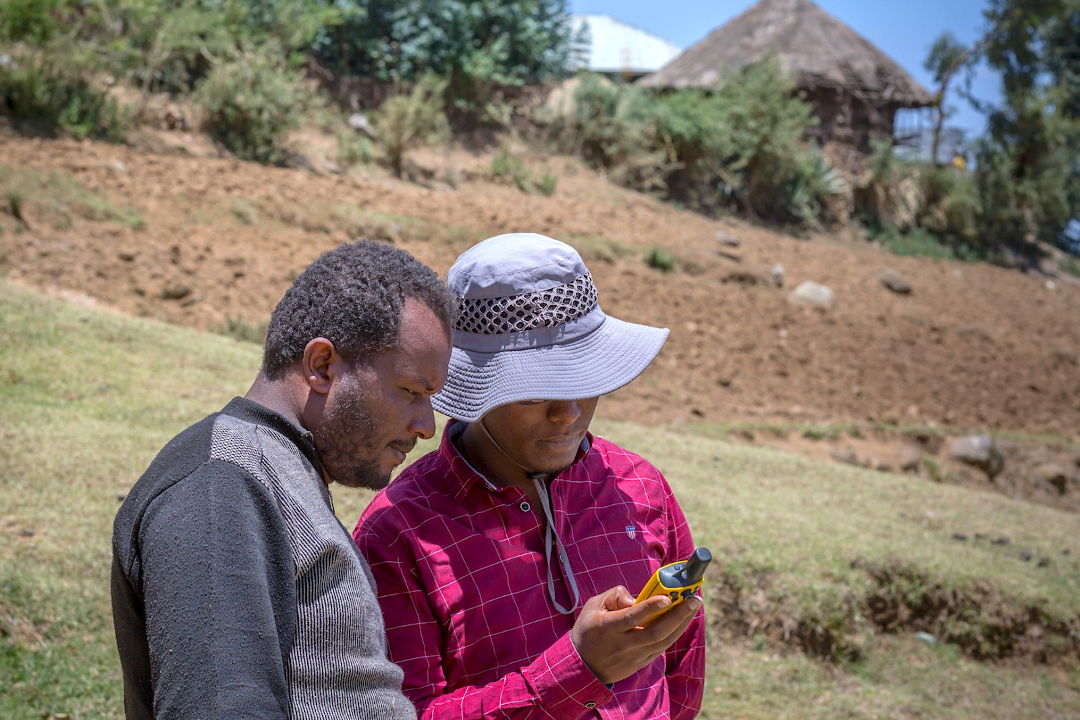
Tackling fears in India
Aims and challenges
About Cereal Systems Initiative for South Asia (CSISA):
- funded by BMGF and the US Agency for International Development (USAID)
- established in 2009
- aims include improving farmers’ access to market information
The enabling environment was impacted by a widespread concern around misuse of data and lack of data management processes.
Solutions
CSISA convened a steering committee consisting of:
- domain experts
- research institutions
- public sector bodies
This committee connected institutions together to start unlocking the benefits of wider data sharing for everyone.
Assisted by the foundation, this community was able to:
- improve their data knowledge and skills to tackle barriers and fears
- develop community norms and practices to ensure data is accessible and reusable for as many people as possible

Building skills in Tanzania
Aims and challenges
In Tanzania, the Ramani Huria project trained local stakeholders in how to create highly accurate maps of the most flood-prone areas of the city.
They faced concerns over data governance.
Solutions
Those involved in the project were trained in the benefits of working with open platforms, including OpenStreetMap.
This ensures that data remains available and usable by everyone, including local governments and authorities, beyond the end of the project.
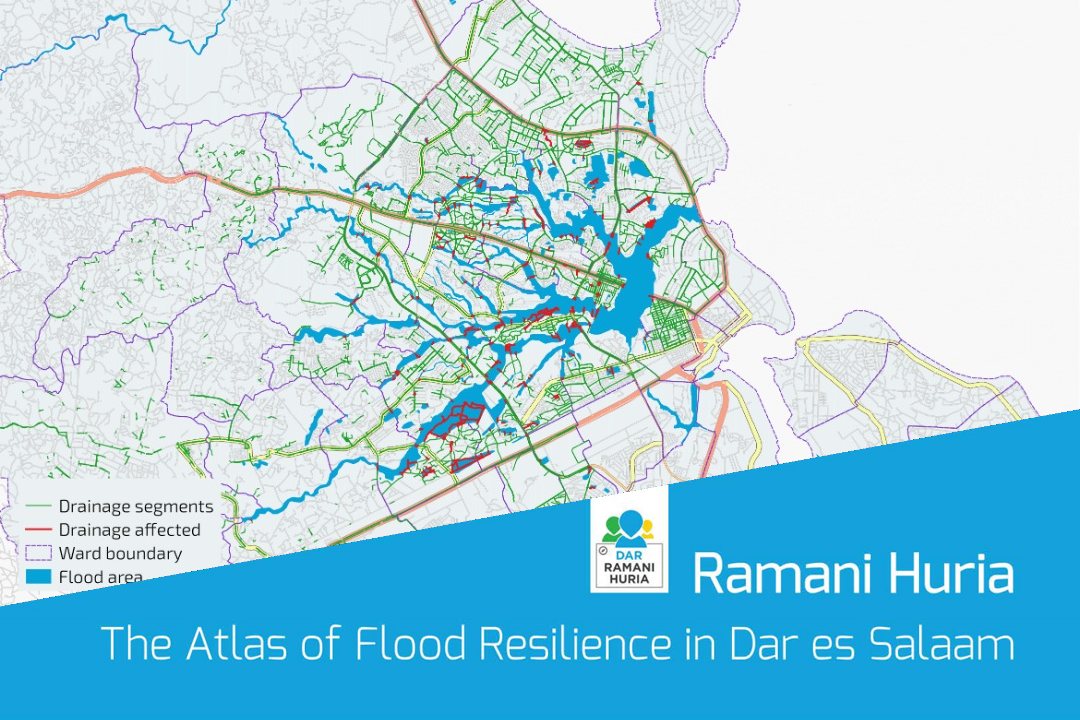
Stakeholders' roles
The enabling environment in which you work will be influenced by a range of stakeholders. Primarily these are organisations and communications that set:
- laws
- policies
- social norms
These include:
- regulators who create the policies and legislative frameworks, e.g. governments and funders
- advocates, such as think tanks and civil society, that encourage particular behaviours
- international bodies and experts who advise on best practice
- companies and departments that supply tools and services for working with data e.g. cloud service providers as well as local IT departments
- researchers who provide evidence to help support and refine arguments and approach e.g universities
- citizens and local communities, like business owners and smallholders, whom the laws and policies are shaped to benefit
The laws and policies set by those in a position of influence will affect you and everyone in the data ecosystem.
You can help ensure those laws and policies comply with social norms and are adopted by the community by consulting or engaging those that may not be more directly involved (e.g. individual business owners, smallholders) in policy development.

The role of the BMGF as a stakeholder
The BMGF invests in initiatives aimed to help leaders and local institutions chart their own path. Including:
- investing in technical infrastructure
- improving skills and knowledge
- the creation of policies and processes to support FAIR and safeguarded data practices
The BMFG supports the enabling environment by:
1. Supporting people
- improving data literacy and skills
- facilitating engagement with communities that create or are impacted by the data
- facilitating engagement with those who supply tools and services that use data
2. Supporting the creation of policy and process
- encouraging and facilitating collaboration with domain experts, community leaders and governments to help them chart their own path.
3. Support access, use and sharing of data by investing in standards and technologies
- to ensure its long-term sustainability
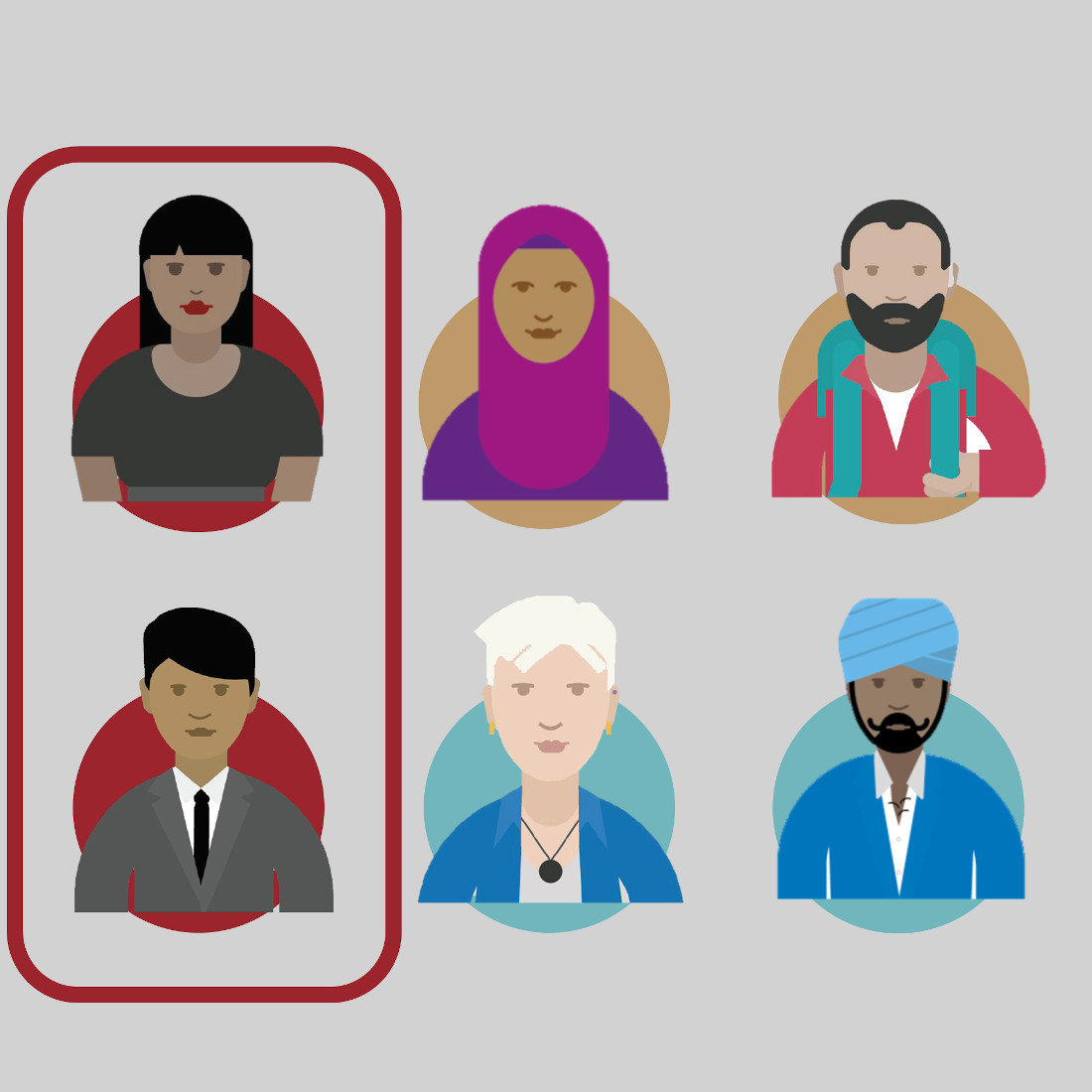
Evaluating the enabling environment
You should evaluate the feasibility of an investment involving FAIR and safeguarded data by
conducting a broad landscape review of data policies and regulatory frameworks relevant to the geography, relationships with state governments and technological capacity.
You will find this process helpful to:
- flag any major legal or regulatory barriers to the use of data in projects
- flag cultural considerations and norms when starting a new investment process in a country or region
- maximise impact by ensuring investments are designed in respect to the enabling environment
- identify opportunities for investments that directly support the wider enabling environment
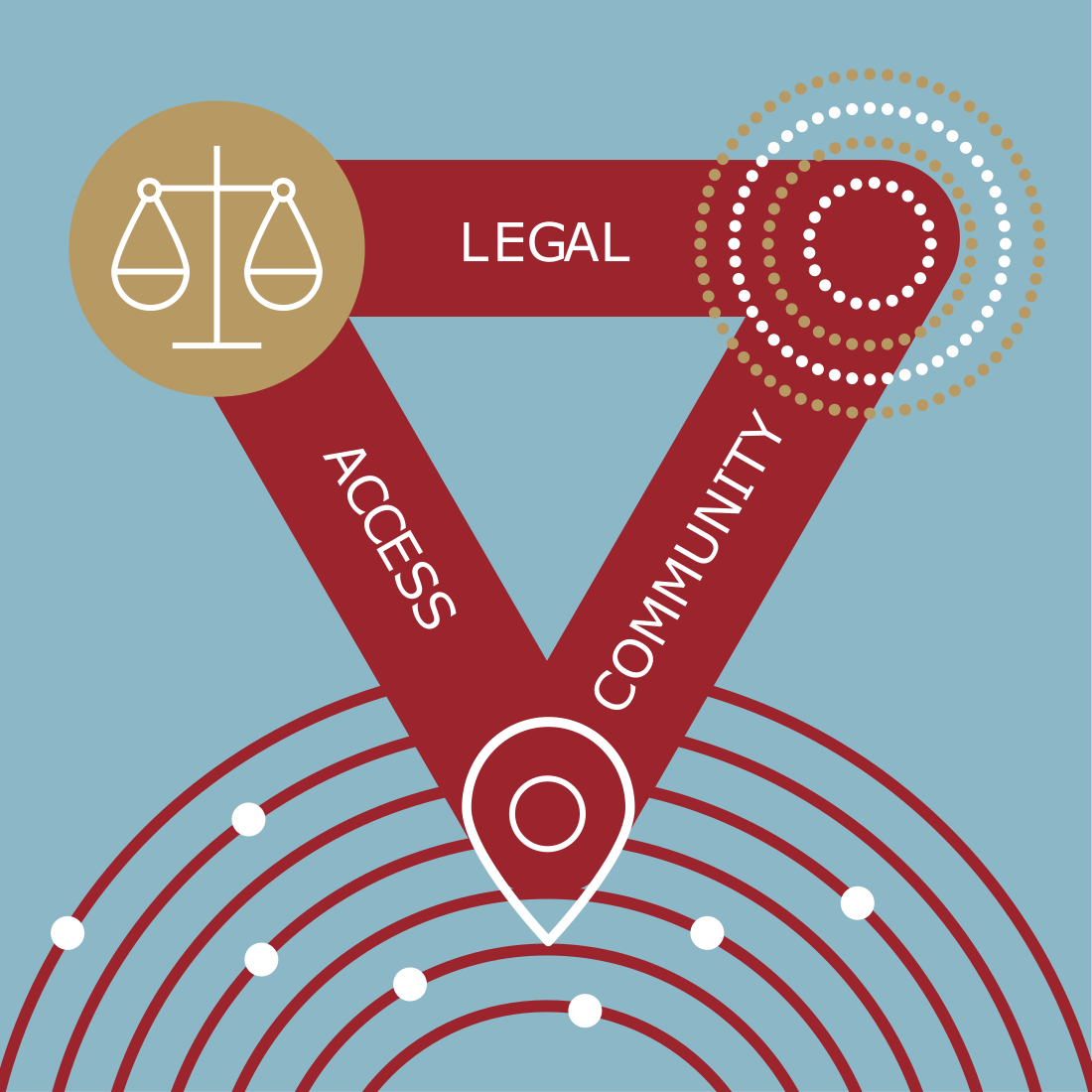
Completing a data country profile
As a grantee you should evaluate the enabling environment and develop your own understanding of how the environment enables your specific grant.
You will find a handy template guide to help conduct such a landscape review and create a ‘Country Data Profile’ in the FAIR data toolbox.
A 'Country Data Profile' can be completed by:
- a program officer
- grantee
- the foundation in-country team
- a third party
You will be required to undertake desk research and engage with stakeholders in-country, especially if availability of information online is sparse.
Click here to download the country data profile guide

Enabling environments: Evaluate, engage, enable
Evaluate and monitor
Ideally, you will plan your investment with an understanding of the current enabling environment in-country and proposal development can continue.
It is important that you evaluate and monitor the enabling environment for any changes in the political, legal, institutional and technological landscape:
- during proposal development
- when the grant is active
Engage and support
You may come across issues that can't be addressed within the investment (for example a lack of frameworks governing use of data). In this situation other, more strategic interventions like engaging and supporting governments, may be needed.
In this instance you may decide to pause or amend the proposal to work within the constraints of the enabling environment.
Enable investments
If you find parts of the enabling environment are compatible with the proposal, but others aren’t, you can consider amending the proposal so it works within the constraints of the enabling environment.
Solutions and help
You may find the enabling environment in-country is not compatible at all, or in part, with the needs of FAIR and safeguarded data.
In this case, you should consider some or all of the following actions:
- Pause the proposal and focus on building an enabling environment
- Amend the proposal so it works within the constraints
- Engage relevant stakeholders to consider how to overcome the challenges
- Highlight where there are structural issues that may need more strategic intervention
Who can help?
If you need help to understand the enabling environment, consider engaging with the stakeholders listed before:
- regulators
- advocates
- international bodies and experts
- companies that provide services
- researchers
- citizens and local communities
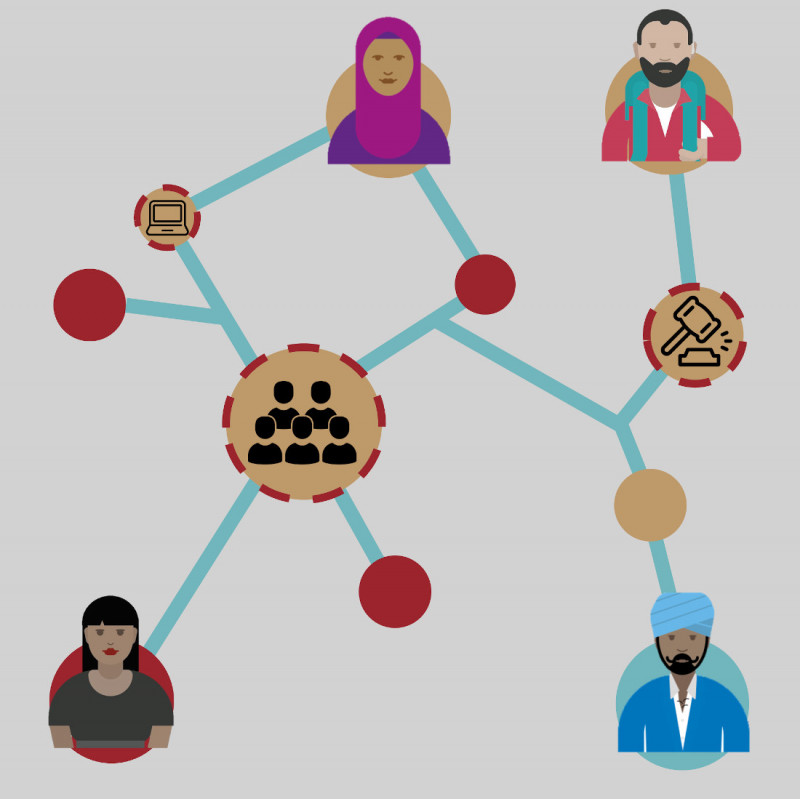
Summary
You can find all the key points from this Module in the Cheat Sheet: Assessing in-country potential for data sharing.
Don't forget to complete Module 2 activity questions to review your knowledge of this topic.